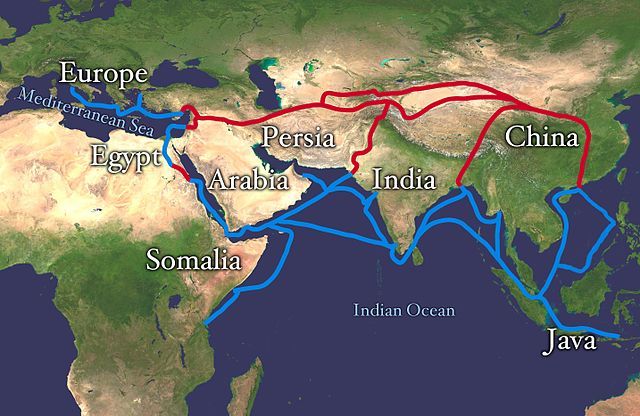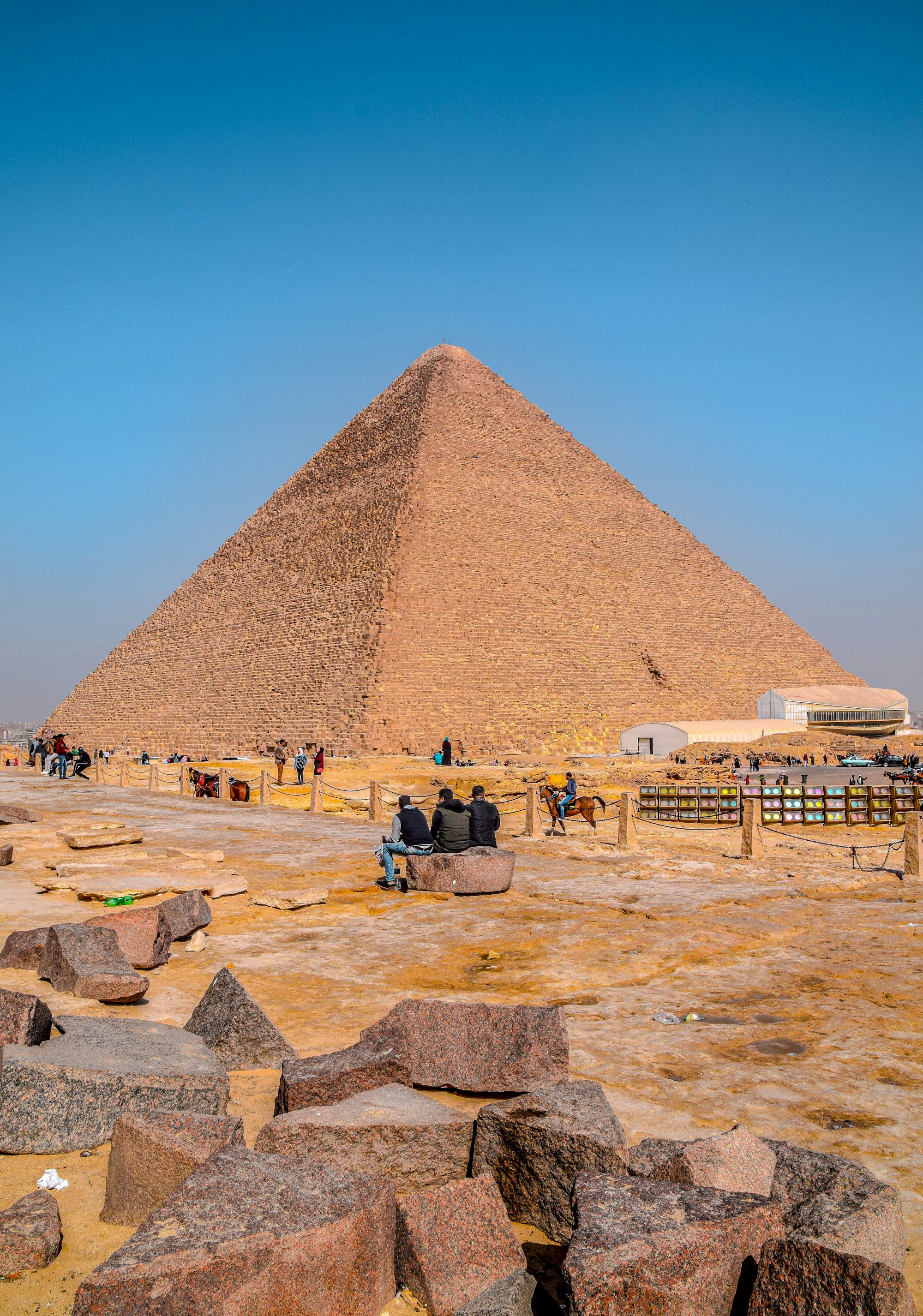One Last Post For February...You Know? Black History Month - the Shortest Month of the Year!

This post is relevant for anyone with a brain and interested in the life they value.
I am continually amazed that all this stuff is not taught in school, everywhere. The history of Africa is rich and varied, with many ancient civilizations that flourished and left behind a legacy we still benefit from today. These kingdoms and empires had sophisticated systems of governance, impressive architecture, and vibrant cultures ahead of their time. This blog post will explore some of the most prominent ancient African kingdoms, their way of life, and their contributions to the world. I love history and will always thank my history teacher, the late Mrs. Kentish, from Antigua, for instilling in me this curiosity for how our world is molded by our past, even our ancient past.
One of the most well-known ancient African kingdoms is the Kingdom of Kush, which existed from around 1069 BCE to 350 CE in modern-day Sudan. This civilization was known for its impressive architecture, particularly the pyramids that still stand today. The engineers, construction experts, and architects then must have been incredible. They built these massive structures that are still around over 3,000 years later. I bet most of our houses will not last 500 years. Such structures do not come from a weak educational system. The Kingdom of Kush was also a center of trade, with merchants traveling along the Nile River to exchange goods with neighboring civilizations-to trade. The Kushites were skilled in ironworking, a technology they passed on to other civilizations, including the Greeks and Romans, who in turn passed those onto modern-day Western civilization.
Wealth acquired through trade and military might was added to this prosperous agricultural base and so, in the late 1st century CE, a single king replaced a confederation of chiefdoms and forged a united kingdom that would dominate the Ethiopian highlands for the next six centuries. The kingdom of Axum, one of the greatest in the world at that time, was born. WorldHistory.org

Another ancient African kingdom that significantly contributed to the world was the Kingdom of Axum, which existed from around 100 CE to 940 CE in modern-day Ethiopia. The Axumites were known for their sophisticated system of governance, with a powerful monarchy and a complex legal system. They also had a thriving economy and a network of trade routes connecting them to Arabia, India, and even the Roman Empire. I wonder if they had a World Trade Organization (WTO). They must have. The Axumites were skilled in architecture, as evidenced by the impressive obelisks that still stand today, and they also had a vibrant culture that included unique art and music.

The Kingdom of Ghana, which existed from around 700 CE to 1240 CE in modern-day Mauritania and Mali, was another ancient African civilization that left a lasting impact. The Ghanaian economy was based on the trans-Saharan trade routes, with merchants trading gold, ivory, and salt with neighboring civilizations. The Ghanaian people were skilled in metalworking, particularly in creating intricate gold jewelry and ornaments. They also had a complex system of governance, with a powerful king and a council of advisers.
Between the 9th and 11th centuries C.E., the kingdom of Ghana was so rich that its dogs wore golden collars, and its horses, which were adorned with silken rope halters, slept on plush carpets. Source: USHistory.org
The ancient African civilizations were advanced in science, technology, and art. They had an impressive knowledge of medicine, mathematics, astronomy, and sophisticated irrigation and agriculture systems. They also had a rich artistic tradition, including unique sculpture, painting, and music forms. Please read my other blog post about modern-day African art. Unfortunately, many of these accomplishments have been overlooked or ignored in Western history, leading to a lack of appreciation and understanding of African culture.

We must learn about these ancient African kingdoms and show them and the people from this region the respect they deserve. We can do this by supporting institutions that promote African history and culture, such as the Museum of Diversity. The museum is dedicated to preserving and promoting the heritage of underrepresented groups, including African cultures, and provides educational programs for all ages. I am happy to be a team member working to bring the brick-and-mortar side of this museum to life. We already have a virtual museum which you can view here. Go to our donate page to contribute and get fabulous goodies.
In conclusion, the ancient African kingdoms were advanced societies that significantly contributed to science, technology, architecture, art, and culture. Understanding your origins and how African civilizations may influence your trajectory is good. I have another post about seeking to appreciate your origins. They traded with people worldwide, including Mexico, Asia, and other global indigenous peoples, and brought certain technologies to Europe, which in turn were brought to the Americas. We must acknowledge the accomplishments of these civilizations and work to preserve their knowledge and legacy.
What to read next? Try the post below.








Member discussion